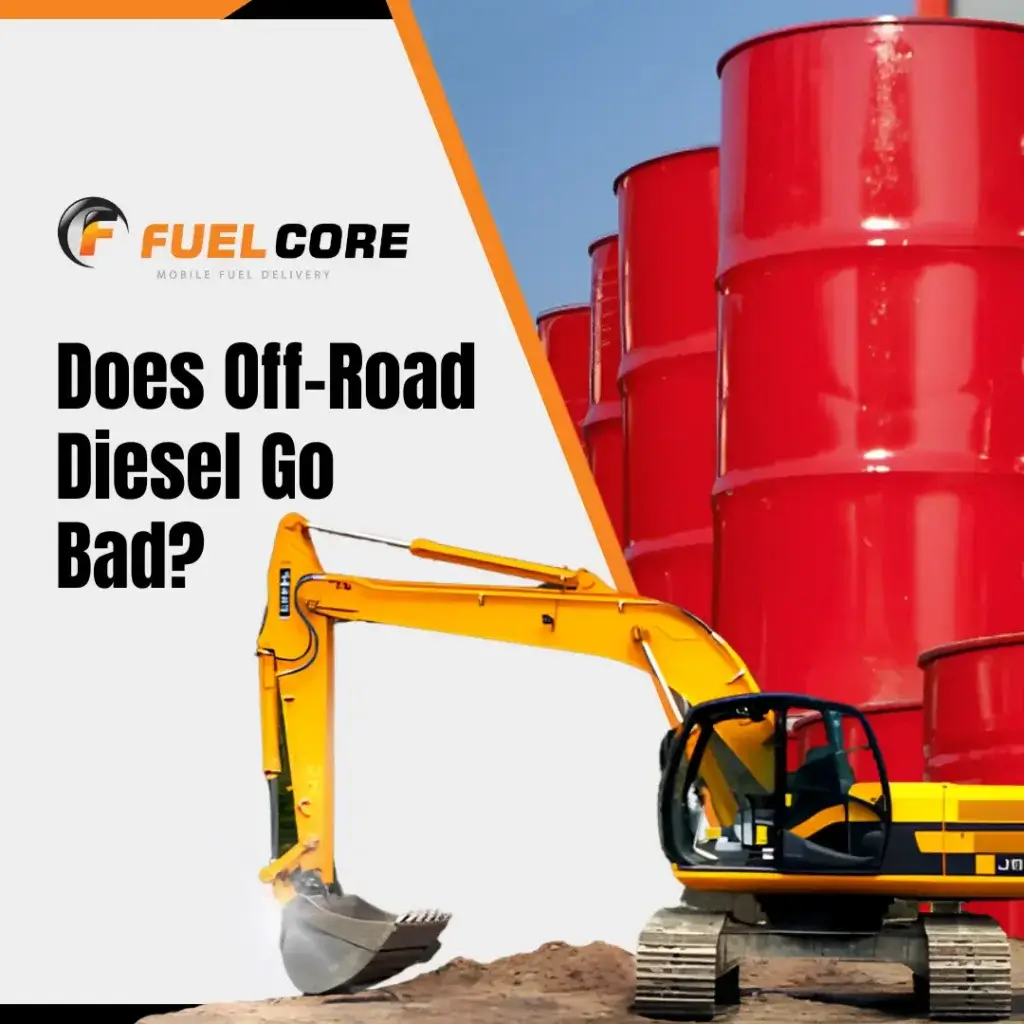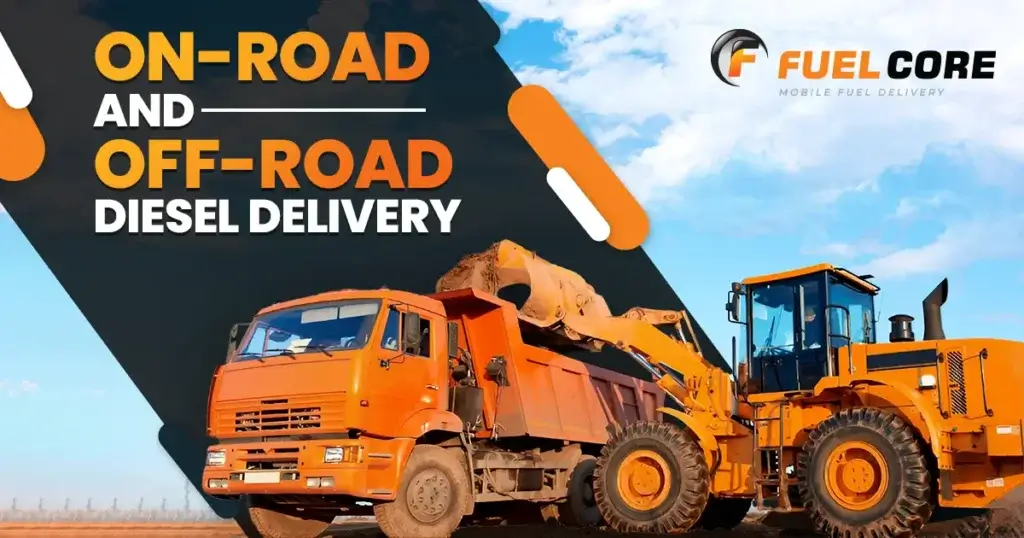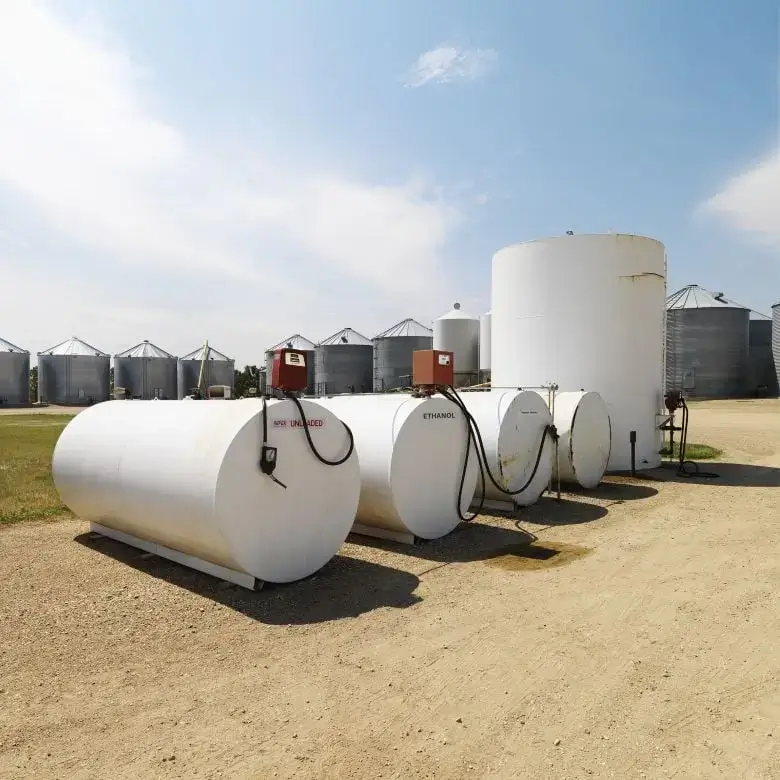Is Reefer Fuel the Same as Red Dyed Diesel?
Understanding Reefer Fuel and Red Dyed Diesel
There are various types of diesel fuel that are tailored for specific uses and compliance with legal requirements. A common question that arises is whether reefer fuel is the same as red dye diesel. Here, we’ll explore the many facets of reefer fuel and dyed diesel to help you get a better understanding for your business.

What is Reefer Fuel?
Reefer fuel refers to the diesel used to power refrigerated trailers, commonly known as reefers. These trailers transport perishable goods across long distances, requiring constant refrigeration. The diesel used in these units is essentially the same as standard diesel in its chemical composition. However, the crucial aspect is its application in reefers, which qualifies it for certain tax exemptions in many jurisdictions.
Understanding Red Dye Diesel

Red dye diesel, on the other hand, is regular diesel fuel that has been dyed red to indicate its tax-exempt status. This type of fuel is used in equipment and vehicles that do not operate on public roads, such as agricultural machinery, construction equipment, and in some cases, generators. The red dye is a clear marker to authorities that the fuel is not subject to road taxes, which are typically levied on clear diesel used in standard vehicles.
Are Reefer Fuel and Red Dye Diesel the Same?
While both reefer fuel and red dye diesel can be the same in terms of chemical composition, the key difference lies in their usage and legal implications. Reefer fuel used in refrigerated trucks can be dyed red to benefit from the same tax exemptions as other off-road uses of red dye diesel. However, not all reefer fuel is automatically red dyed; this depends on the regulations and requirements of the specific state or country.
Fuel Core, a prominent player in the diesel supply sector, emphasizes the importance of understanding these distinctions to ensure compliance and cost-efficiency. They provide specialized dyed diesel delivery services, catering to clients who require diesel for non-road purposes, including those using refrigerated trailers. Their expertise ensures that customers receive the correct type of fuel, tailored to their specific needs and legal requirements.
Benefits of Using Dyed Diesel from Fuel Core
1. **Cost Savings**: By utilizing dyed diesel, businesses can significantly reduce their fuel costs as this diesel is exempt from highway taxes.
2. **Compliance**: Fuel Core ensures that their diesel deliveries comply with local regulations, providing peace of mind to businesses about the legality of their fuel usage.
3. **Convenience**: With Fuel Core’s delivery service, businesses can have dyed diesel delivered directly to their sites, eliminating the need for frequent trips to fuel stations.
How Fuel Core Enhances Operations with Dyed Diesel Delivery

Fuel Core's dyed diesel delivery service is designed to cater specifically to industries that operate off-road equipment or reefer units. By providing direct delivery, Fuel Core helps businesses streamline their operations and maintain efficiency without the hassle of managing fuel procurement logistics. This service is particularly beneficial for agricultural, construction, and transport sectors where downtime can lead to significant losses.
Conclusion
In conclusion, while reefer fuel and red dye diesel can be the same when dyed for tax-exempt purposes, it's crucial to understand the specific uses and regulations associated with each to make informed decisions. Fuel Core plays a pivotal role in this sector by providing tailored dyed diesel delivery services that help businesses maintain compliance and optimize their fuel usage. Whether you’re in agriculture, construction, or transport, integrating Fuel Core’s services can lead to improved operational efficiency and cost savings. Get in touch with our team now!














